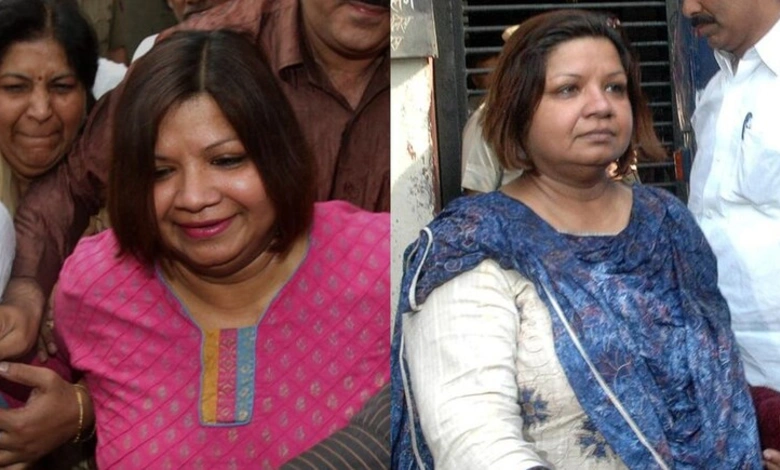Indian Diplomat’s Betrayal:The Double Life Of Diplomat Madhuri Gupta

In 2010, a shocking espionage case rocked India’s diplomatic circles when Madhuri Gupta, a seasoned Indian Foreign Service (IFS) officer, was arrested for leaking sensitive information to Pakistan’s Inter-Services Intelligence (ISI). Stationed as a second secretary at the Indian High Commission in Islamabad, Gupta’s actions exposed vulnerabilities in India’s diplomatic security.
Gupta, an expert in Urdu and Sufi poetry, was posted to Islamabad in 2008. By 2010, India’s Intelligence Bureau, led by then-director Rajiv Mathur, uncovered evidence of her illicit activities. Gupta, then 52, had been secretly communicating with two ISI operatives, Jamshed and Mubshar Raza Rana, since 2008. Using a computer at her Islamabad residence and a Blackberry phone, she allegedly shared classified information with her Pakistani contacts.
Gupta’s motivations were deeply personal. She developed a romantic relationship with Jamshed, who used the codename Jim, and was reportedly willing to convert to Islam to marry him. This emotional entanglement, described as a classic honey-trap , led her to betray her country. The information she leaked compromised India’s intelligence network in Pakistan, causing significant damage.
Gupta’s arrest followed a sting operation by the Delhi Police’s special cell on April 22, 2010, after she was recalled to New Delhi under the pretense of a professional assignment. The investigation revealed she had been passing sensitive data to the ISI for two years. In 2018, a Delhi court convicted her under the Official Secrets Act, sentencing her to three years in prison for espionage. Gupta’s trial exposed the risks of personal vulnerabilities in high-stakes diplomatic roles.
Her case drew comparisons to the recent arrest of YouTuber Jyoti Malhotra, also accused of spying for Pakistan. Gupta, however, operated within the secure confines of India’s diplomatic mission, making her betrayal particularly alarming. She passed away in October 2021, leaving behind a legacy of caution for India’s intelligence and diplomatic communities.
